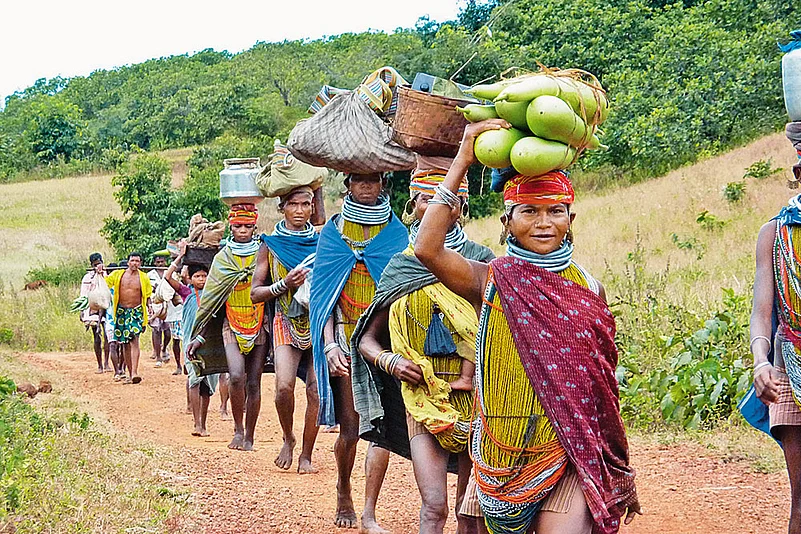Forced to Change
We have lived Adivasiyat since our childhood. This is the ideology of Adivasi society, which is based on nature’s laws, and is casteless, classless and discrimination-free. It teaches need-based economic organisation, self-rule based on unanimity, and development centred on community and nature. But today, Adivasiyat is on its death bed.


























